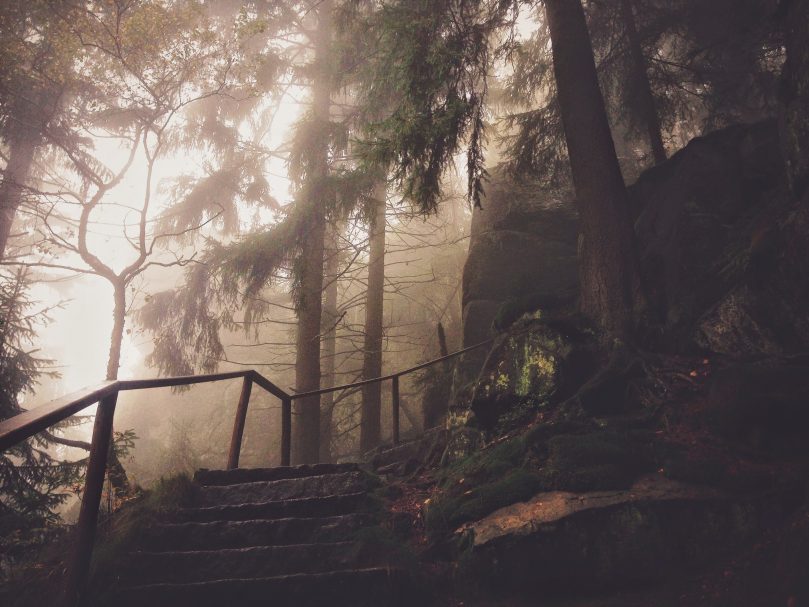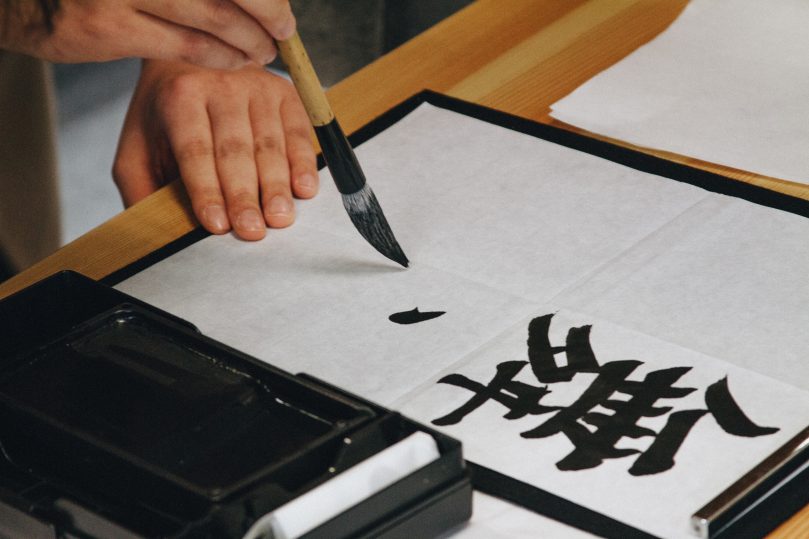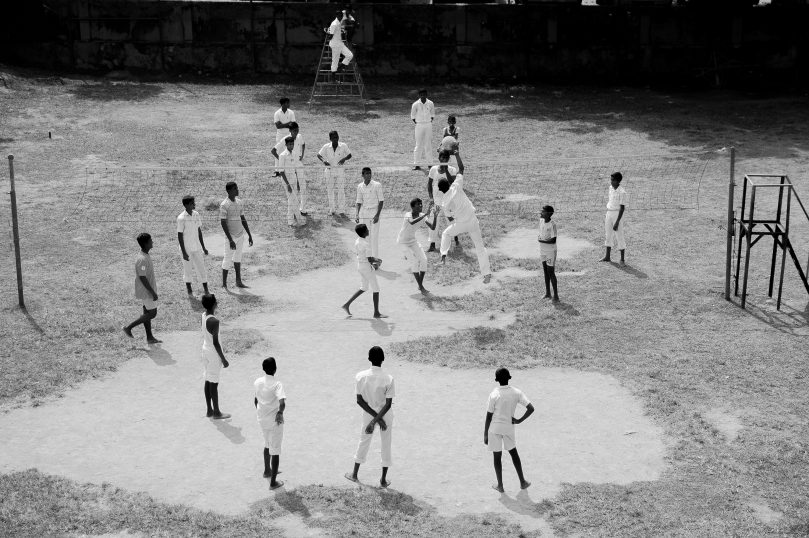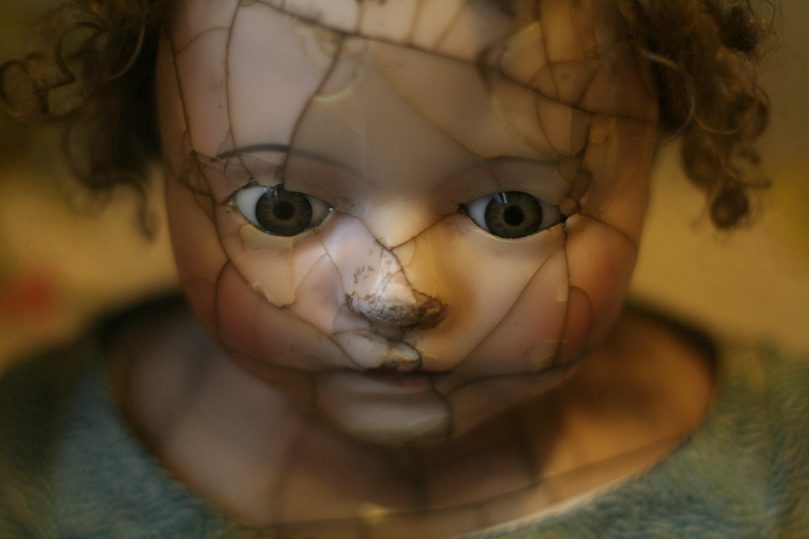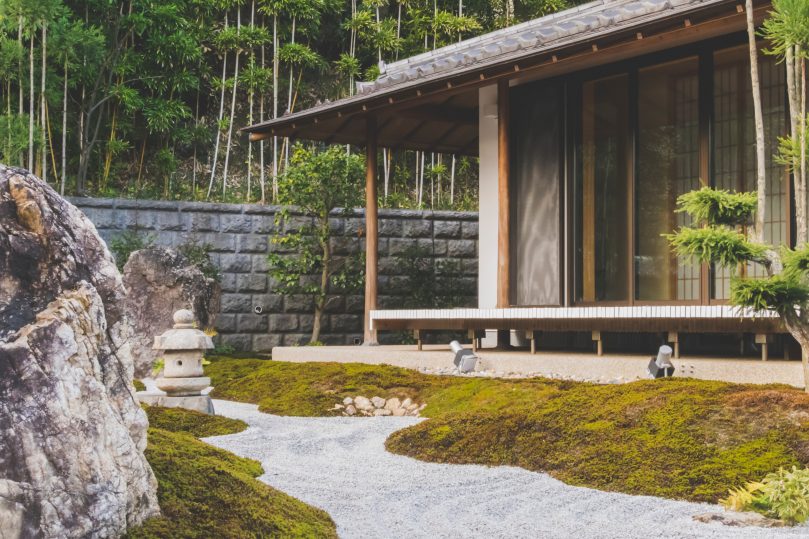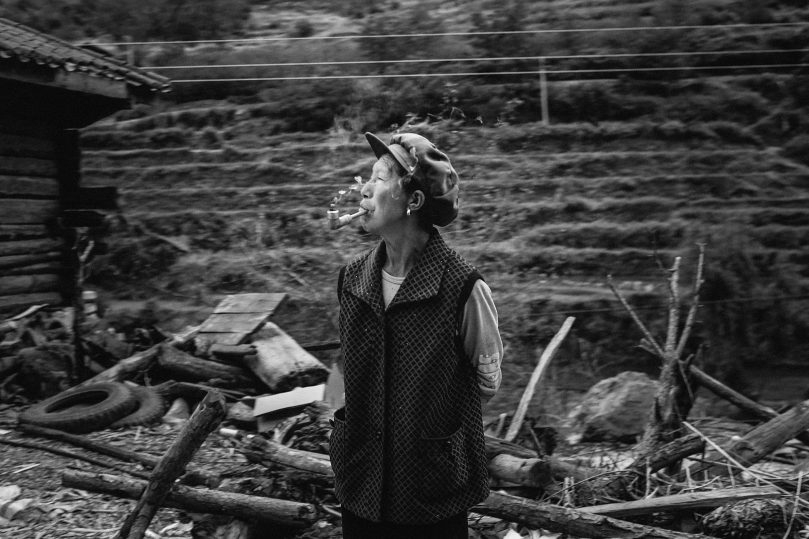Tangen had studied with Sengai since childhood. When he was twenty he wanted to leave his teacher and visit others for comparative study, but Sengai would not permit this. Every time Tangen suggested it, Sengai would give him a rap on the head.
Finally Tangen asked an elder brother to coax permission from Sengai. This the brother did and then reported to Tangen: “It is arranged. I have fixed it for you start your pilgrimage at once.”
Tangen went to Sengai to thank him for his permission. The master answered by giving him another rap.
When Tangen related this to his elder brother the other said: “What is the matter? Sengai has no business giving permission and then changing his mind. I will tell him so.” And off he went to see the teacher.
“I did not cancel my permission,” said Sengai. “I just wished to give him one last smack over the head, for when he returns he will be enlightened and I will not be able to reprimand him again.”
Photo by Beata Ratuszniak on Unsplash
